François Bourguignon is the former Chief Economist (2003–2007) of the World Bank. He has been the Director of the Paris School of Economics, and from 1985 to his retirement in 2013 a professor of economics at the École des Hautes Études en Sciences Sociales in Paris. in 2016 Bourguignon was awarded the Dan David Prize. He focuses on the study of income and wealth inequality, economy-wide country studies, international trade and trade policy, education, wealth, income, redistribution, and tax policy.

The Briggs Plan was a military plan devised by British General Sir Harold Briggs shortly after his appointment in 1950 as Director of Operations during the Malayan Emergency (1948–1960). The plan aimed to defeat the Malayan National Liberation Army by cutting them off from their sources of support amongst the rural population. To achieve this a large programme of forced resettlement of Malayan peasantry was undertaken, under which about 500,000 people were forcibly transferred from their land and moved to concentration camps euphemistically referred to as "new villages".
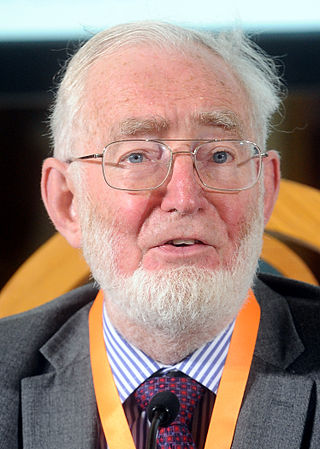
Sir Anthony Barnes Atkinson was a British economist, Centennial Professor at the London School of Economics, and senior research fellow of Nuffield College, Oxford.
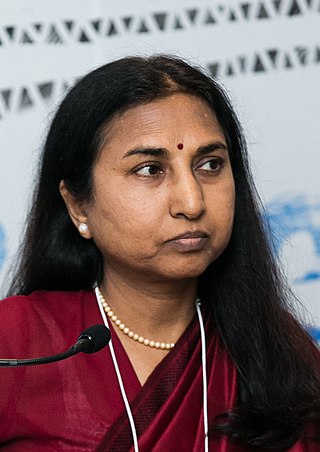
Bina Agarwal is an Indian development economist and Professor of Development Economics and Environment at the Global Development Institute at The University of Manchester. She has written extensively on land, livelihoods and property rights; environment and development; the political economy of gender; poverty and inequality; legal change; and agriculture and technological transformation.
Sakiko Fukuda-Parr is a development economist who has gained recognition for her work with the United Nations Development Programme (UNDP) and for her writing in publications including the Journal of Human Development and Capabilities, which she founded.
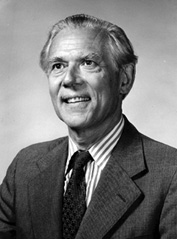
Paul Patrick Streeten was an Austrian-born British economics professor. He was a professor at Boston University, US until his retirement. He has been a distinguished academic working on development economics since the 1950s.

Rural poverty refers to situations where people living in non-urban regions are in a state or condition of lacking the financial resources and essentials for living. It takes account of factors of rural society, rural economy, and political systems that give rise to the marginalization and economic disadvantage found there. Rural areas, because of their small, spread-out populations, typically have less well maintained infrastructure and a harder time accessing markets, which tend to be concentrated in population centers.

Mary Henrietta Kaldor is a British academic, currently Professor of Global Governance at the London School of Economics, where she is also the Director of the Civil Society and Human Security Research Unit. She also teaches at the Institut Barcelona d'Estudis Internacionals (IBEI). She has been a key figure in the development of cosmopolitan democracy. She writes on globalisation, international relations and humanitarian intervention, global civil society and global governance, as well as what she calls New Wars.

Sir Arthur "Richard" Jolly, is a leading development economist who was named one of the fifty key thinkers globally in this field of economics.

Robert Hunter Wade is a political economist and development scholar. He has been Professor of Global Political Economy at the Department of International Development, London School of Economics since 1999.
Wan Guanghua is a Chinese economist. He is Principal Economist at the Asian Development Bank. Formerly Project Director at UNU-WIDER, he has taught and researched in development economics an applied econometrics at a range of universities including the University of New England and the University of Sydney and he is an honorary professor at several leading universities in China. He is particularly noted for pioneering work in the development of regression-based decomposition techniques for inequality and poverty accounting. He has many academic papers published in peer reviewed journals.
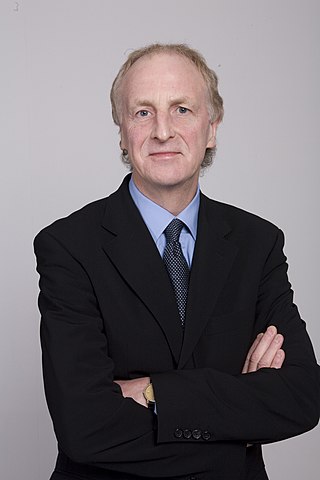
Anthony F. Shorrocks is a British development economist.

The Oxford Department of International Development (ODID), or Queen Elizabeth House (QEH), is a department of the University of Oxford in England, and a unit of the University’s Social Sciences Division. It is the focal point at Oxford for multidisciplinary research and postgraduate teaching on the developing world.
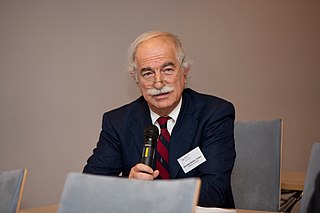
Giovanni Andrea Cornia, is a development economist. He is professor of economics, department of economics and management, at the University of Florence. He has previously been the director of the Regional Institute of Economic Planning of Tuscany, the United Nations University World Institute for Development Economics Research (UNU-WIDER), in Helsinki, and the Economic and Policy Research Program, UNICEF Office of Research-Innocenti, in Florence. He was formerly also chief economist, UNICEF, New York. His main areas of professional interest are income and asset inequality, poverty, growth, child well-being, human development and mortality crises, transition economics, and institutional economics. He is author of over a dozen books and dozens of articles, reports and working papers on practical development economics issues in individual countries, regions and globally.
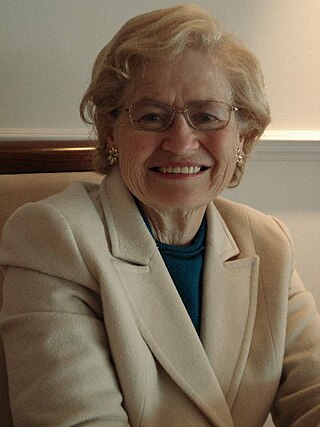
Stephany Griffith-Jones is an economist specializing in international finance and development. Her expertise lies in the reform of the international financial system, particularly in financial regulation, global governance, and international capital flows. Currently, she serves as a member of the Governor Board at the Central Bank of Chile. She has held various positions throughout her career, including financial markets director at the Initiative for Policy Dialogue based at Columbia University, associate fellow at the Overseas Development Institute, and professorial fellow at the Institute of Development Studies at Sussex University.
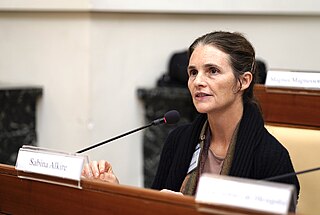
Sabina Alkire is an American academic and Anglican priest, who is the director of the Oxford Poverty and Human Development Initiative (OPHI), an economic research centre within the Oxford Department of International Development at the University of Oxford, England, which was established in 2007. She is a fellow of the Human Development and Capability Association. She has worked with organizations such as the Commission on the Measurement of Economic Performance and Social Progress, the United Nations Human Development Programme Human Development Report Office, the European Commission, and the UK's Department for International Development.

Rolph Eric van der Hoeven is emeritus professor on employment and development economics at the International Institute of Social Studies in The Hague and was appointed in 2009 as a member of the Committee on Development Cooperation of the International Advisory Council (AIV) to the Dutch Government. Dr. van der Hoeven is a member of the Board of Trustees of the KNCV Tuberculosis Fund.
Séverine Marie Paule Deneulin is a senior lecturer in International Development at the Department of Social and Policy Sciences, University of Bath, and a fellow of the Human Development and Capability Association (HDCA); she is also the HDCA's secretary with a place on the executive council.
Sanjiv M. Ravi Kanbur, is T.H. Lee Professor of World Affairs, International Professor of Applied Economics, and Professor of Economics at Cornell University. He worked for the World Bank for almost two decades and was the director of the World Development Report.
Michael Savage, is a British sociologist and academic, specialising in social class. Since 2014 he has been the Martin White Professor of Sociology at the London School of Economics and Political Science (LSE), the post traditionally awarded to the most senior professor in the department. In addition to being Head of the Sociology Department between 2013-2016, Savage also held the position of Director of LSE's International Inequalities Institute between 2015-2020. He previously taught at the University of Manchester and the University of York.














